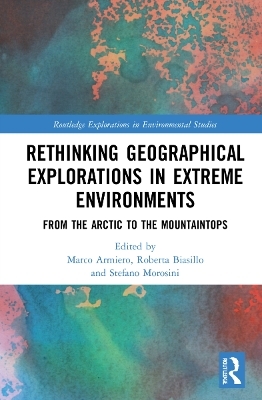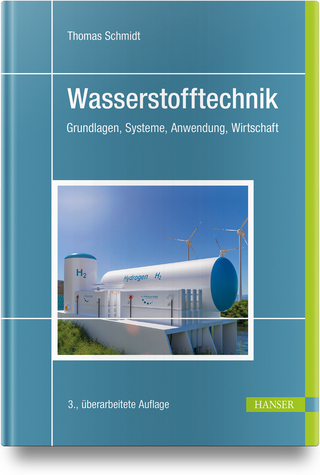
Rethinking Geographical Explorations in Extreme Environments
Routledge (Verlag)
978-0-367-55983-0 (ISBN)
Focusing on extreme environments, from Umberto Nobile’s expedition to the Arctic to the commercialization of Mt Everest, this volume examines global environmental margins, how they are conceived and how perceptions have changed. Mountaintops and Arctic environments are the settings of social encounters, political strategies, individual enterprises, geopolitical tensions, decolonial practises, and scientific experiments.
Concentrating on mountaineering and Arctic exploration between 1880 – 1960, contributors to this volume show how environmental marginalisation has been discursively implemented and materially generated by foreign and local actors. It examines to what extent the status and identity of extreme environments has changed during modern times, moving them from periphery to the centre and discarding their marginality. The first section looks at ways in which societies have framed remoteness, through the lens of commercialization, colonialism, knowledge production and sport, while the second examines the reverse transfer, focusing on how extreme nature has influenced societies, through international network creation, political consensus and identity building. This collection enriches the historical understanding of exploration by adopting a critical approach and offering multidimensional and multi-gaze reconstructions.
This book is essential reading for students and scholars interested in environmental history, geography, colonial studies and the environmental humanities.
Marco Armiero is Research Director at the Institute for the Study of Mediterranean Societies at the Italian National Research Council in Naples, Italy, and Director of the Environmental Humanities Laboratory at the Royal Institute of Technology, Stockholm, Sweden. Since 2019, he has been the President of the European Society for Environmental History. Roberta Biasillo is Assistant Professor of contemporary political history at the Department of History and Art History at Utrecht University, the Netherlands, and visiting Max Weber Fellow at the Robert Schuman Centre for Advanced Studies at the European University Institute in Florence, Italy. Stefano Morosini is Adjunct Professor of environmental history at the University of Bergamo, Italy, and is Senior Associate at the Centre for the History of the Alps (LabiSAlp)–Italian-Swiss University in Mendrisio. He is also the scientific coordinator of the Heritage projects at the Stelvio National Park, Italy.
Introduction: A world that is losing its margins 1. Emotions and Mountaineering for Internationalist Purposes: The case of the Union Internationale des Associations d’Alpinisme (UIAA), 1939-1951 2. Power, politics and exploration in fascist Italy: The 1928 watershed 3. Roald Amundsen vs Umberto Nobile: The role of the newspapers in the age of nationalism and polar imperialism 4. Umberto Nobile between two totalitarianisms 5. Imperialist Italian geography currents in the work of Roberto Almagià and his ambiguous relationship with the fascist regime 6. Walter Wood and the Legacies of Science and Alpinism in the St Elias Mountains 7. Physiology and biomedicine on high-altitude expeditions (c.1880-1980) 8. Italian geographers, scientists, travellers and mountaineers in the Karakoram (1890-1954) 9. Commercialization and Mount Everest in the Twentieth Century Conclusions: Geographical exploration via the environmental humanities: Decolonising approaches to space
| Erscheinungsdatum | 27.06.2022 |
|---|---|
| Reihe/Serie | Routledge Explorations in Environmental Studies |
| Zusatzinfo | 7 Line drawings, black and white; 5 Halftones, black and white; 12 Illustrations, black and white |
| Verlagsort | London |
| Sprache | englisch |
| Maße | 156 x 234 mm |
| Gewicht | 500 g |
| Themenwelt | Geisteswissenschaften ► Geschichte |
| Naturwissenschaften ► Biologie ► Ökologie / Naturschutz | |
| Naturwissenschaften ► Geowissenschaften ► Geografie / Kartografie | |
| Technik ► Umwelttechnik / Biotechnologie | |
| ISBN-10 | 0-367-55983-8 / 0367559838 |
| ISBN-13 | 978-0-367-55983-0 / 9780367559830 |
| Zustand | Neuware |
| Informationen gemäß Produktsicherheitsverordnung (GPSR) | |
| Haben Sie eine Frage zum Produkt? |
aus dem Bereich


